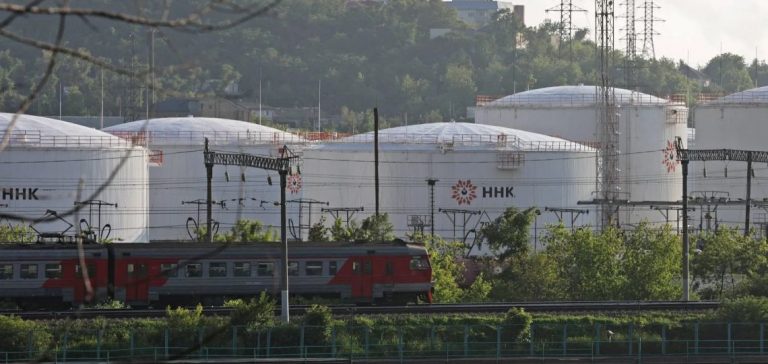Since the European Union (EU) embargo on Russian petroleum products took effect in February 2023, the dynamics of the global diesel market have significantly changed. Turkey and Brazil have established themselves as the main importers of Russian diesel and gasoil, thus replacing Europe, which was previously the largest buyer. This redirection of Russian exports to new markets has significant repercussions on supply chains and global diesel prices.
The EU sanctions disrupted traditional flows, forcing Russia to diversify its export destinations. In response, Russian diesel exports were redirected to countries offering more favorable commercial conditions, notably Turkey and Brazil. This strategic adaptation aims to maintain Russia’s revenue despite the restrictions imposed by the EU.
Market Adjustments in Turkey
Turkey has absorbed a significant share of Russian diesel exports. In September 2024, Russian diesel shipments to Turkey reached 1.07 million metric tons, up from 1.04 million metric tons the previous month. Turkish imports surged from 65,000 barrels per day (b/d) in early 2022 to an average of 280,000 b/d by late 2023. This notable increase is primarily due to the redirection of Russian diesel exports from Europe and the strategic use of Turkey as a redistribution hub to Mediterranean and European markets.
Brazil’s Growing Dependency
Brazil has also seen its imports of Russian diesel increase, reaching 0.78 million tons in September 2024, up from 0.58 million tons in August. Since the embargo, Brazil has become a key destination for Russian refined products, benefiting from discounted rates compared to other global suppliers. However, Brazilian demand is subject to seasonal variations, as evidenced by fluctuating import volumes earlier in 2024.
The impact of this reorientation on the global diesel market is significant. Diesel prices in Europe, in particular, have experienced increased volatility due to the loss of one of its main suppliers. Russia’s strategic maneuver to maintain diesel exports despite sanctions has led to increased price sensitivity and heightened competition among traditional and new importers of refined products.
Strategic Implications for Energy Markets
The increase in ship-to-ship (STS) transfers near the Italian port of Augusta and around the Greek islands is notable. In September 2024, these transfers totaled 370,000 tons, up from 230,000 tons in August. These operations serve as a redistribution mechanism for Russian diesel to secondary markets. The final destinations for many of these cargoes remain uncertain, complicating tracking and compliance with international regulations.
In contrast, Russian diesel exports to certain African countries such as Libya, Tunisia, Senegal, and Egypt have decreased, reaching 0.44 million tons in September, down from 0.73 million tons in August. This shift indicates a strategic reallocation towards more lucrative or stable markets like Brazil and Turkey.
Market Volatility and Temporary Restrictions
Russia’s temporary ban on diesel and gasoil exports in September 2024 aimed to stabilize domestic fuel prices amid high demand during the autumn harvest. However, analysts expect this ban to be short-lived due to limited storage capacity and Russia’s need to capitalize on strong global diesel margins. This temporary disruption nonetheless highlighted Russia’s crucial role in shaping the global diesel supply landscape.






















